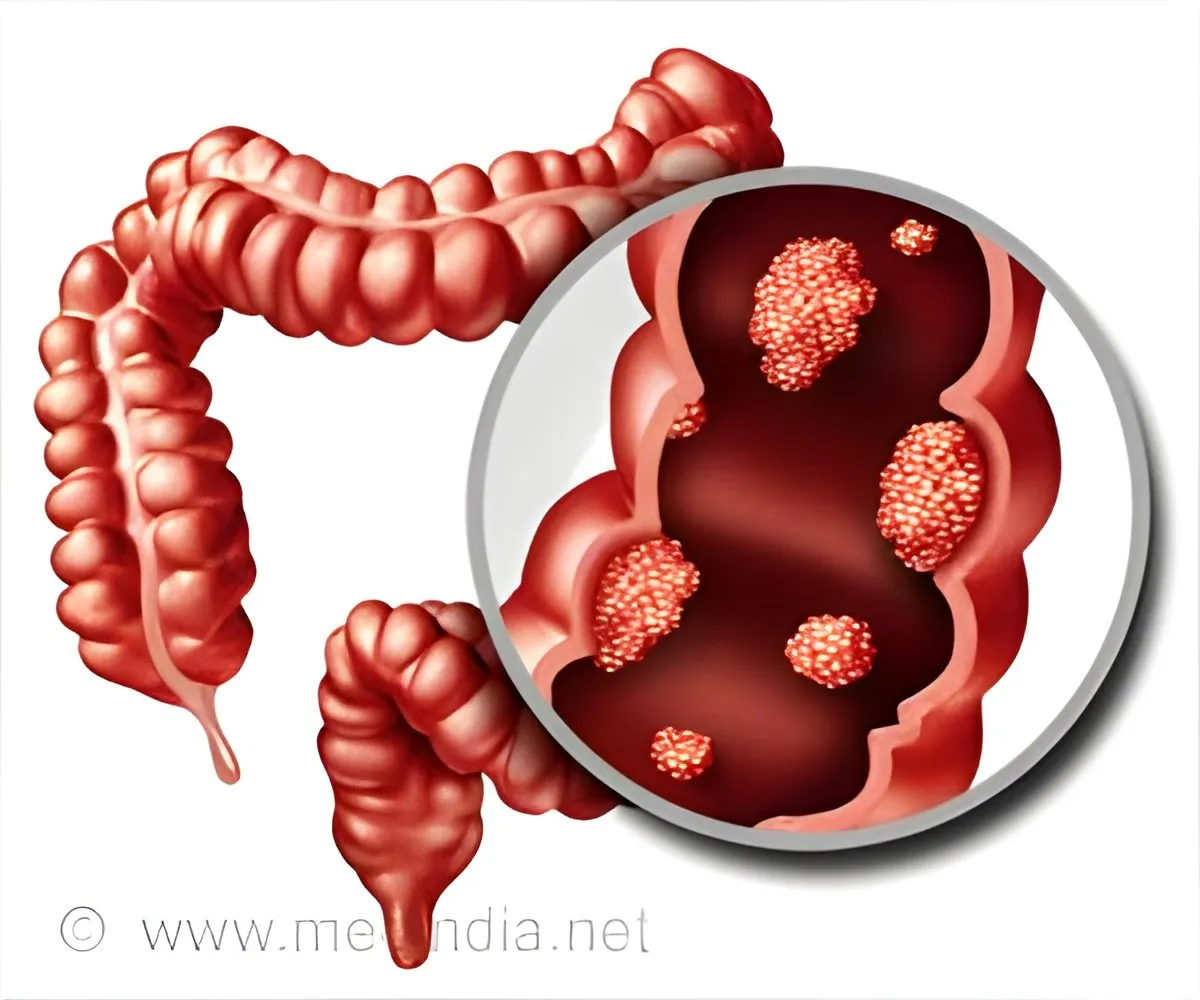Understanding Circadian Rhythm Disruption and Its Impact on Colorectal Cancer and Gut Health

Colorectal Cancer and Circadian Rhythm Disruption
Disruptions to the body's internal clock can speed up the development of colorectal cancer. By influencing the gut microbiome and intestinal barrier, these disruptions may play a crucial role in the disease's progression. This discovery opens up possibilities for new ways to prevent and treat colorectal cancer.
Early-Onset Colorectal Cancer: A Growing Concern
"There is an alarming rise in early-onset colorectal cancer in adults under the age of 50," said corresponding author Selma Masri, associate professor of biological chemistry. "Circadian misalignment through extended light exposure, late-night meals, and other environmental factors could be driving these cases."
- Previous research has shown that disturbances to the circadian clock can influence the progression of colorectal cancer.
- Using colorectal cancer mouse models, the team found changes in gut bacteria diversity and abundance when the circadian clock is disrupted.
- Notable alterations in microbial pathways for nucleic acids, amino acids, and carbohydrates were identified.
These functional changes were linked to reduced levels of intestinal mucus, which protect the gut lining from harmful bacteria. Increased permeability allows toxins and bacteria to enter the bloodstream, potentially accelerating cancer progression.
While these findings are important, more work needs to be done. "In particular, we now want to know if changes in the timing and abundance of certain gut bacteria could directly lead to colorectal cancer development over time," Masri said. Long-term studies will be critical in determining whether circadian misalignment drives cancer and how we might prevent it in the future.
Deeper insights into how the body's internal clock shapes the gut's ecosystem could pave the way for treatments that improve overall gut health.
This article was prepared using information from open sources in accordance with the principles of Ethical Policy. The editorial team is not responsible for absolute accuracy, as it relies on data from the sources referenced.